The Constitution Has a Lot to Teach Us About Human Rights and Personal Freedom
A discussion with Japanese constitutional scholar Souta Kimura
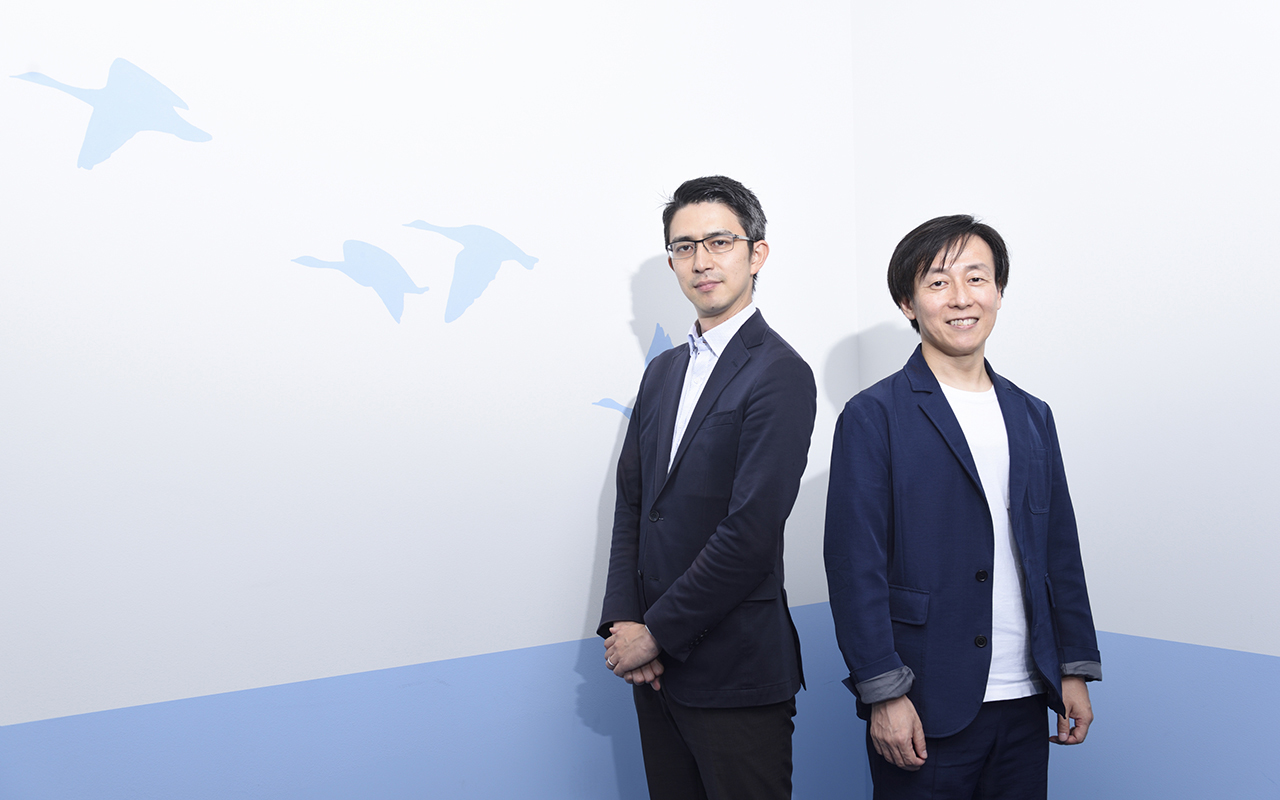
As Japanese society grapples with labor shortage and workplace reform, companies are beginning to realize the need to fundamentally rethink their relationship with their workforce. However, many workers still feel compelled by cultural norms and societal pressure to endure oppressive working conditions.
According to constitutional scholar and law professor Souta Kimura, one explanation for this phenomenon resides in an overall lack of understanding among Japanese people of their rights as individuals, as upheld by the Japanese Constitution.
Cybozu CEO Yoshihisa Aono was curious to learn more. He asked Professor Kimura about how we can deepen our understanding of human rights, and how that understanding can ultimately lead us to making decisions that can free us from some of the hardship of modern society.
The Japanese Constitution was born in a time of optimism
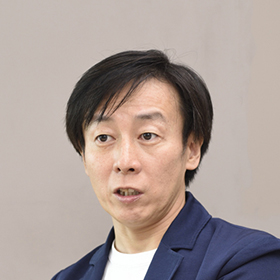
I'm currently a plaintiff in a lawsuit to allow for married partners to choose to have separate family names. Before that, I would never have thought to get involved in a lawsuit against that State.
As a result of this case, I became interested in learning more about the law. I reread the Constitution and was surprised by how sensitive it is to human rights issues. We're talking about a document that was written over 70 years ago!
For example, take gender inequality. Although modern society has yet to solve the issue, the Constitution takes a clear stance against it.
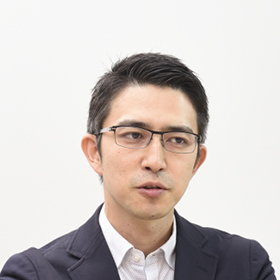
It was around the same time that Japan lost the Second World War, and one of the conditions of surrender that the Allied forces had was for Japan to properly effect human rights norms.
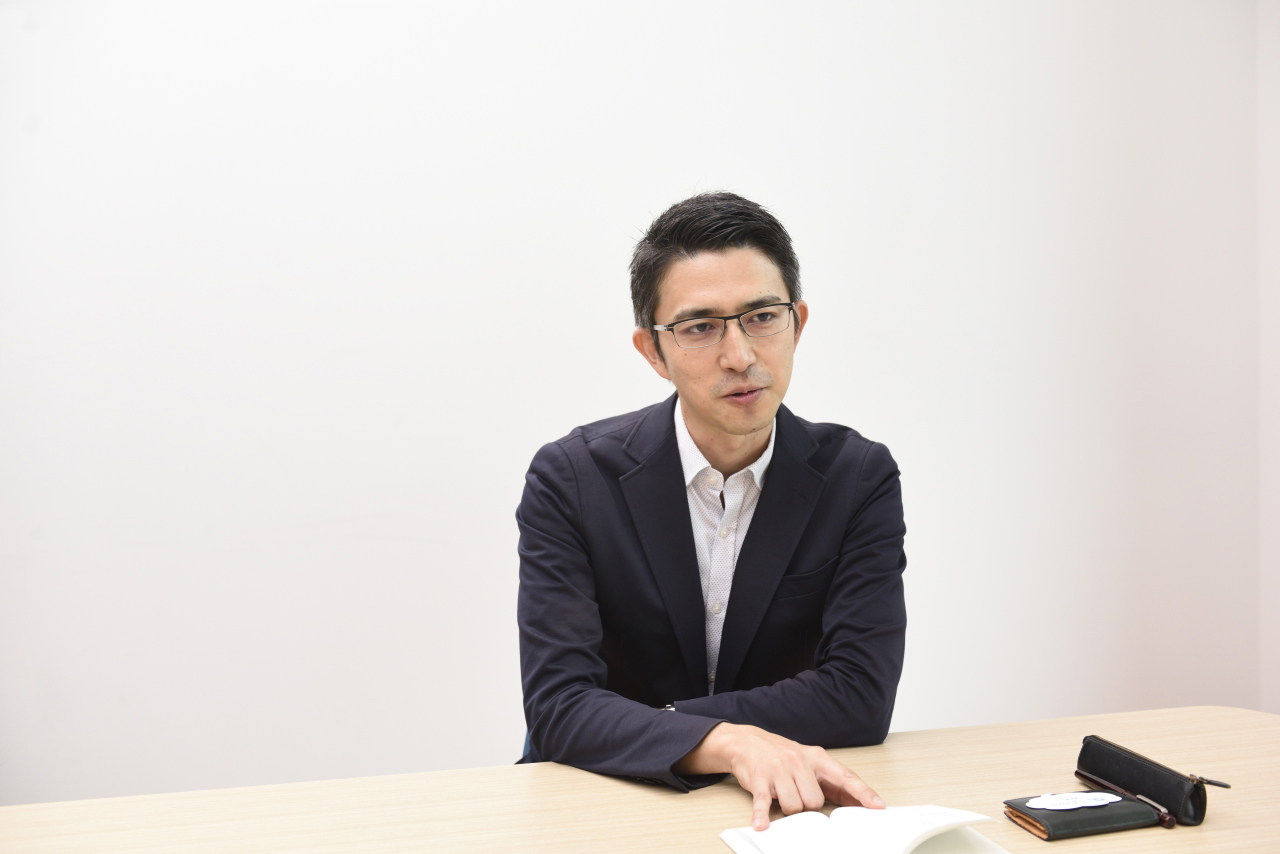
Souta Kimura is a law professor at Tokyo Metropolitan University. Born in 1980, he graduated from the University of Tokyo Faculty of Law in 2003 and subsequently began his academic career. Professor Kimura is specialized in constitutional law and has published several books, mainly on human rights and the Japanese Constitution.


At first, Japan's most respectable constitutional scholars were brought together to produce a draft. However, when the Supreme Commander for the Allied Powers (SCAP) reviewed the proposal being drafted by the Japanese governmental committee, they decided it didn't meet their standards.
It's important to note that the SCAP was a bit different in nature from the occupation forces. It is believed that they put some genuine thought into what would be necessary in order to implement fundamental human rights in Japan.
The Japanese government then went along and committed to dedicating effort into implementing the ideal of human rights. That's why a document written over 70 years ago contains such progressive ideas regarding human rights.


But in addition, it seems there was also a different chain of events that led to the provisions on gender equality.


Beate had first-hand experience living in Japan and was well aware that Japanese women were not being given even the bare minimum respect they deserved—whether at home or throughout society at large. Her first-hand experience of that situation is what lead to the fairly strong gender equality provisions that are in the Constitution today.


The majority is far from infallible

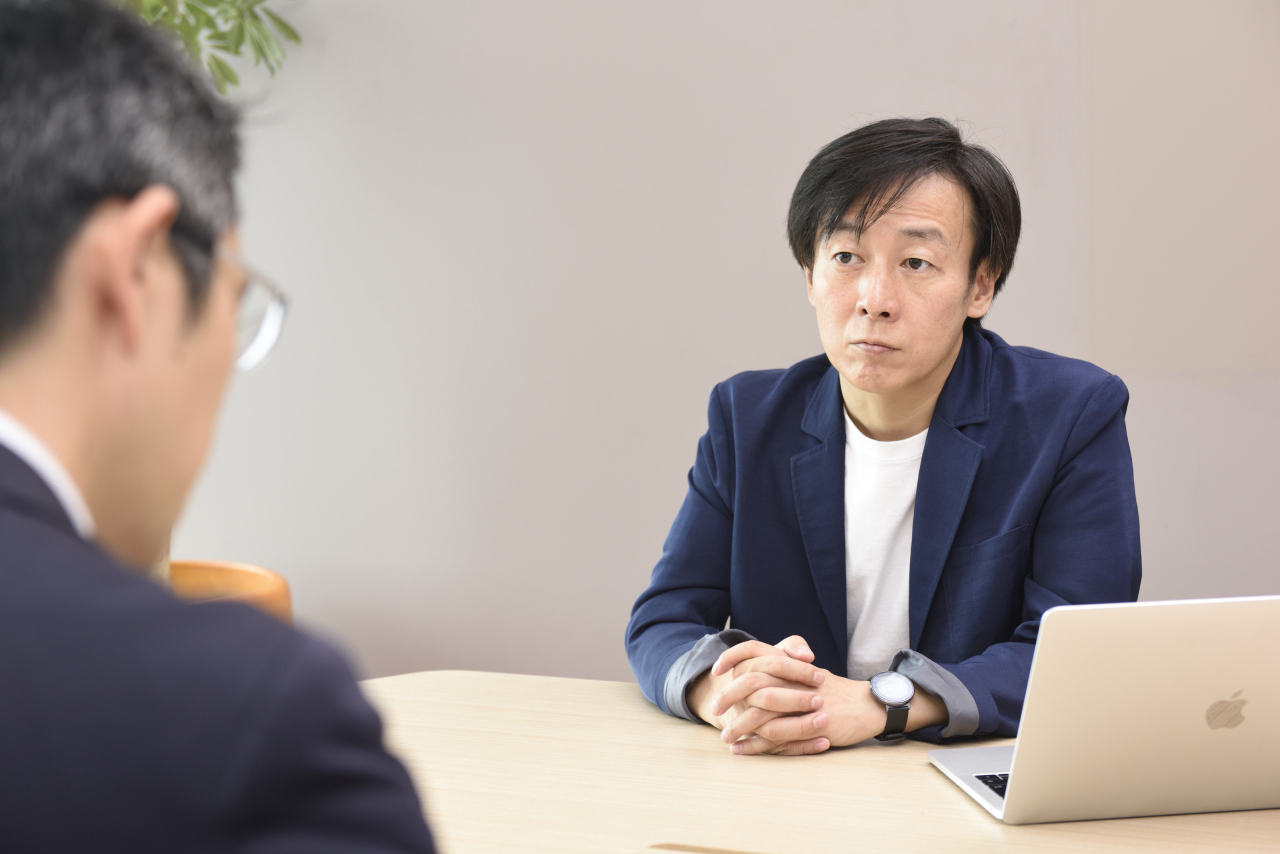
Yoshihisa Aono was born in 1971. After graduating from the Information Systems Engineering Division of the School of Engineering at Osaka University, he joined Matsushita Denkou (currently Panasonic). In August 1997 he co-founded Cybozu, and in April 2005 he was appointed CEO. Yoshihisa spearheaded the company's workstyle reform, as well as its transition toward cloud-based products in 2011. He is the author of several books on teamwork and happiness at work.



However, just because the rules were decided by a student committee doesn't make them more legitimate.
For example, one of the weird rules in some schools is that all underwear has to be white. Even if such a rule had been enacted by a student committee rather than the school administration, it wouldn't be grounds for restricting the rights of those who disagree with the rule.
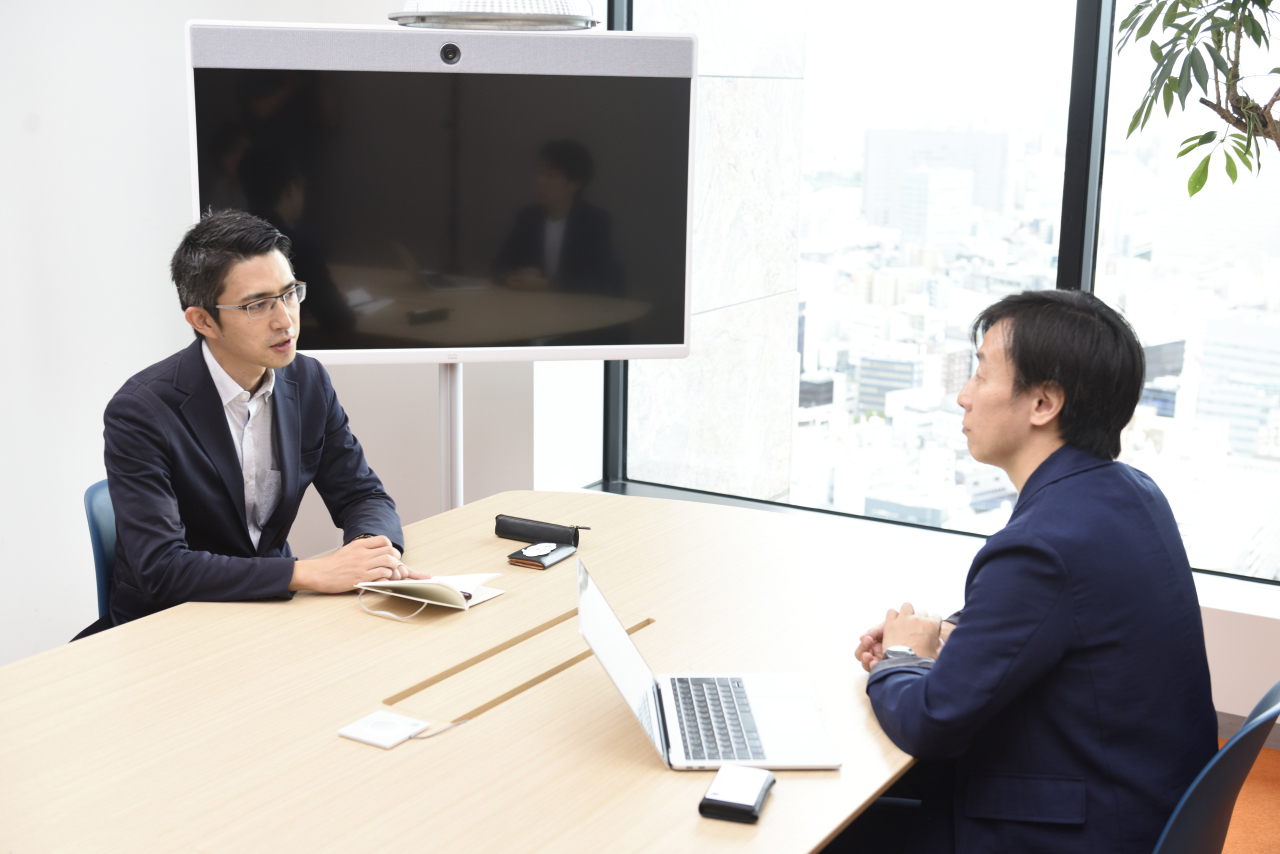



However, setting aside majority rule, the idea behind the Constitution is that some decisions should be made by individuals on their own, whereas others should be taken by everyone.
When it comes to matters of personal freedom, such as your choice of clothes, there needs to be more education around that fact that regardless of whether the decision is made by the school administration or by a student committee, your decisions should generally not be restricted based on unreasonable grounds.
Knowing when our personal freedom is being wrongly restricted


Just as in the previous example of school regulations, it's important to be aware of what decisions should be made my majority rule, and what decisions shouldn't.



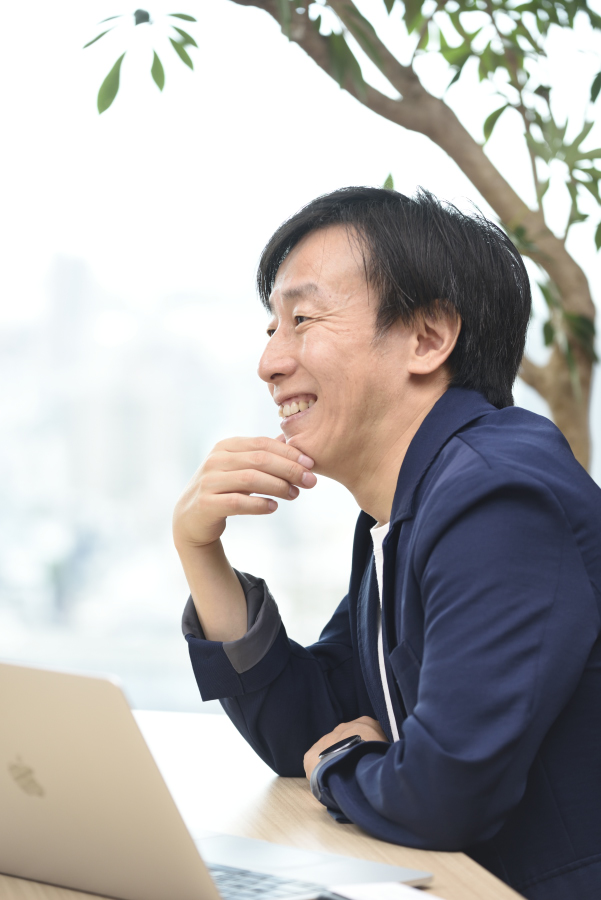
Trials are more human than they are logical

My case was defeated by the Tokyo District Court in March and I'm now appealing to the Appellate Court. I was surprised by the justification the District Court gave as grounds for ruling against my case. I was expecting a more logical argument.
I suppose judges don't necessarily hand down logical judgments in all cases?



That's how, based on the soundness of the logic provided in the justification, you can deduce just how much the court hated that particular case. And of course, decisions that were not reached through a logical process deserve their fair share of criticism.


Protecting the rule of law basically just means doing things by the book. The idea is to have general rules prepared in advance, and then to simply apply those rules to reach individual decisions.
The rule of law works as long as nobody feels like there are any discrepancies in the interpretation of the law, and therefore there is no need for a trial.
However, when confronted with an issue like the constitutionality of denying married couples the right to have separate family names, that's no longer possible.


No matter how clear a legal text may seem, there will always come a point where we will see differences in interpretation.
The question then becomes one of what to do in those situations. In cases where it's unclear what the law says, if there isn't an effort to uphold the rule of law, there is a risk of decisions being made without basis in law or legal theory.
In order to prevent that from happening, the judiciary is tasked with arguing that if a certain judgment is reached, it would threaten to breach the last line of defense of the rule of law—and therefore the judiciary curtails that judgment.
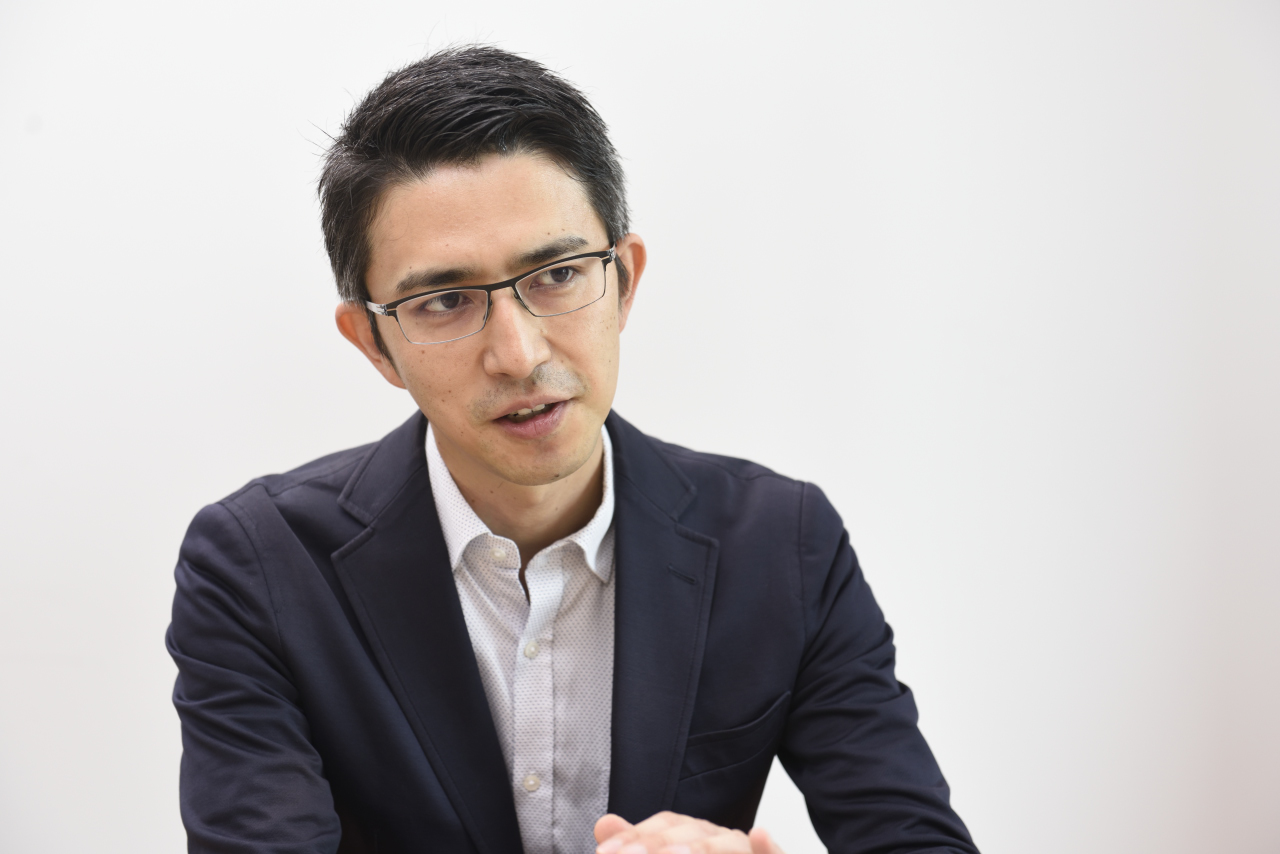

That's why the reasoning underlying the final judgment has to be persuasive; because judges need to be able to deliver their decisions with assertion.

It's interesting, how the judiciary approaches things in a drastically different way.
Understanding the spirit of the Constitution

For example, take a case where an employee is working outside the office and decides to go to a café in their spare time. At Cybozu, my company, we will offer to pay for their drink in that situation. However, we had a conversation about what would happen if they decide to order a sandwich, and whether the company should cover that.
If we made a decision in accordance with the principle of rule of law, we would have to come up with a monstrously detailed list of "if you fulfill this condition, in this situation, you may receive funds." The maintenance costs for that kind of system would be high.


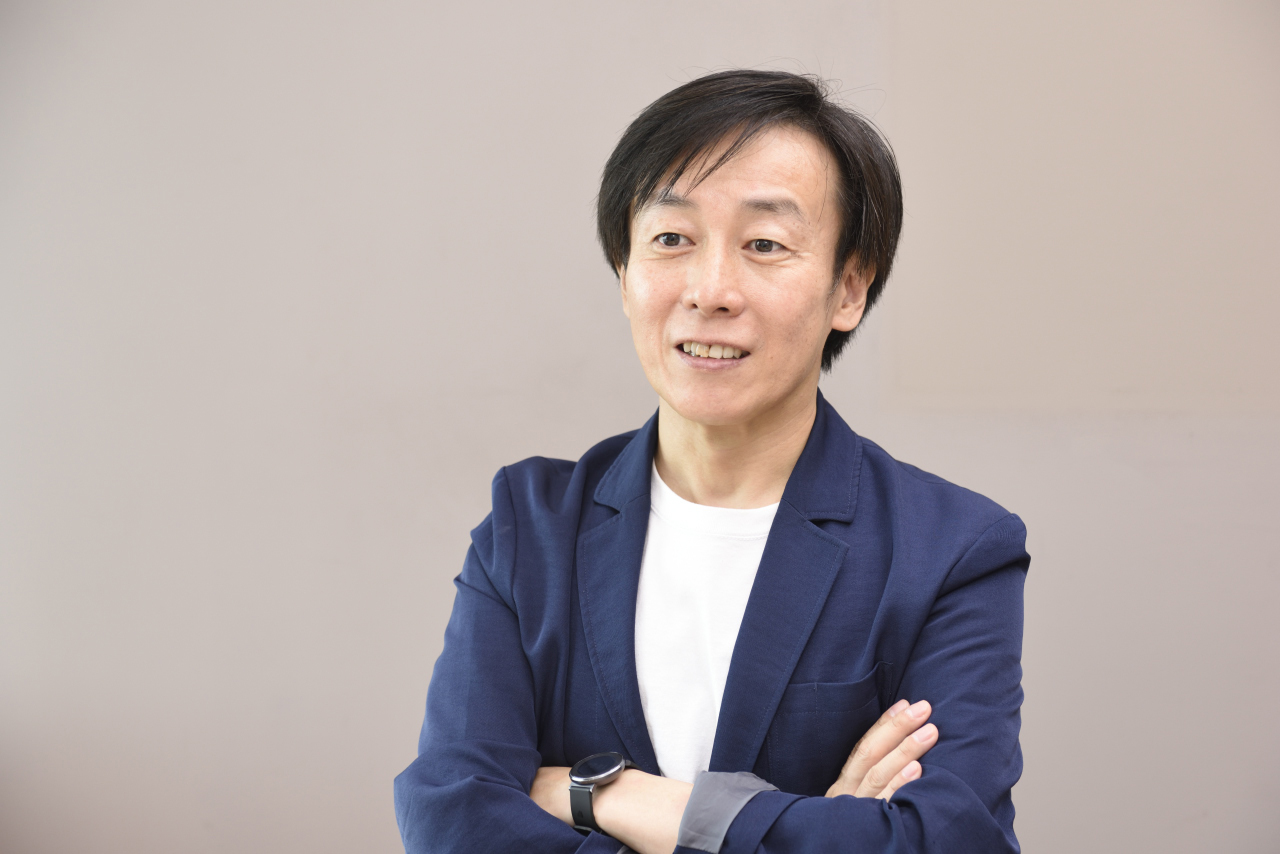

The company expressing its desire to help out is enough, and we do so by paying for a drink, so we don't have to go as far as to pay for sandwiches.


At Cybozu, when we decide on a new rule, we first try to think about its purpose. In the same vein, is the purpose of laws also important?

That's way it's standard in law school to explain to those learning about law that "this provision exists to serve this purpose."

In order to protect our own rights and to be able to better understand the rights of others, it is important we start by learning that the Constitution was drafted with the purpose of protecting the rights of all people.

Original article written in Japanese by Reiko Ohtsuka. Photographs by Tsukasa Ogi. Translated into English by Alex Steullet. Edited by Alex Steullet and Mina Samejima. The original Japanese article is available at the link below.
Writer
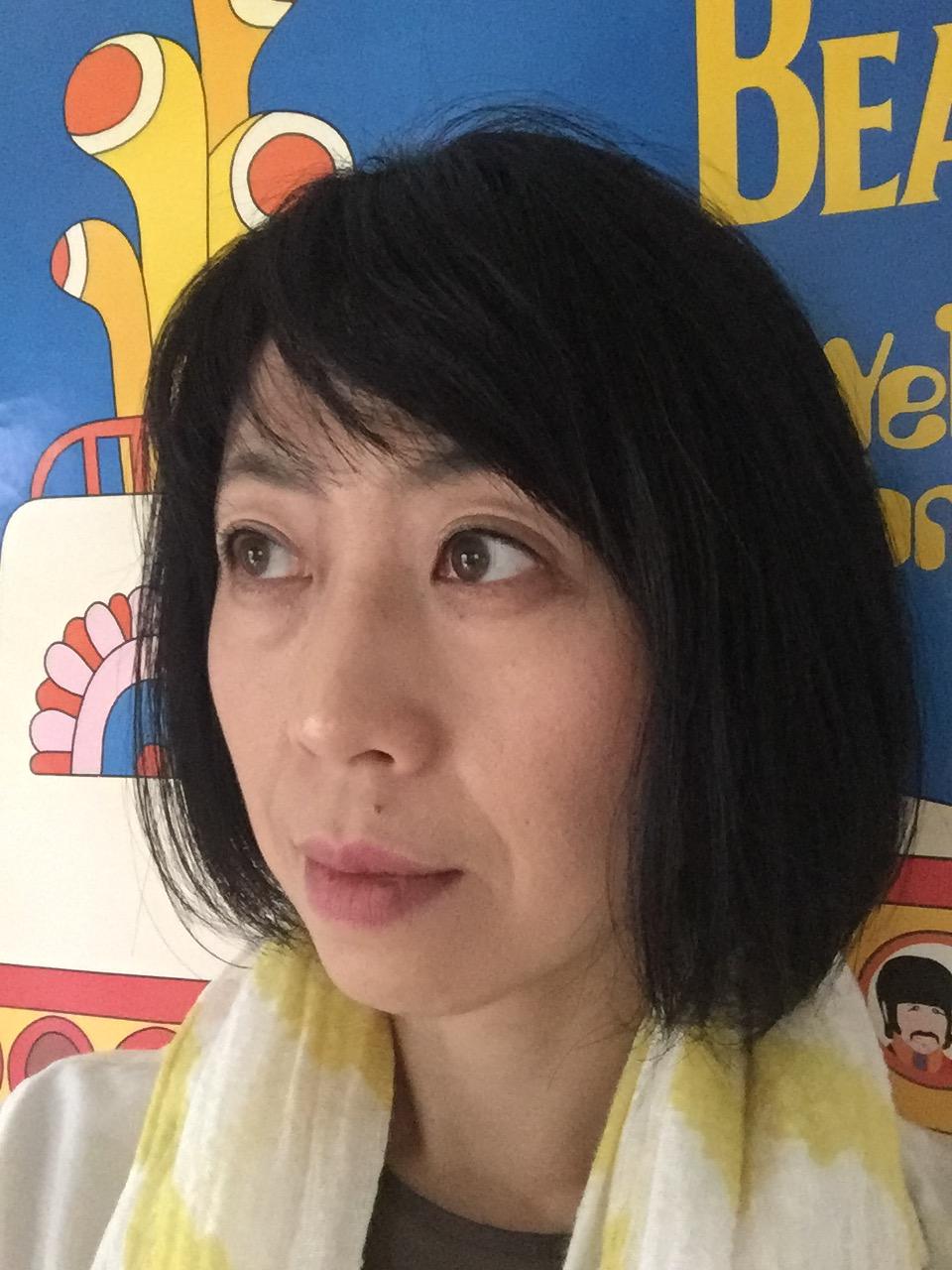
Reiko Ohtsuka
Reiko Ohtsuka writes mainly about diverse family structures, PTA and schools. She has published many books in Japanese, including on the topics of children’s human rights and improper school regulations.
Photographer
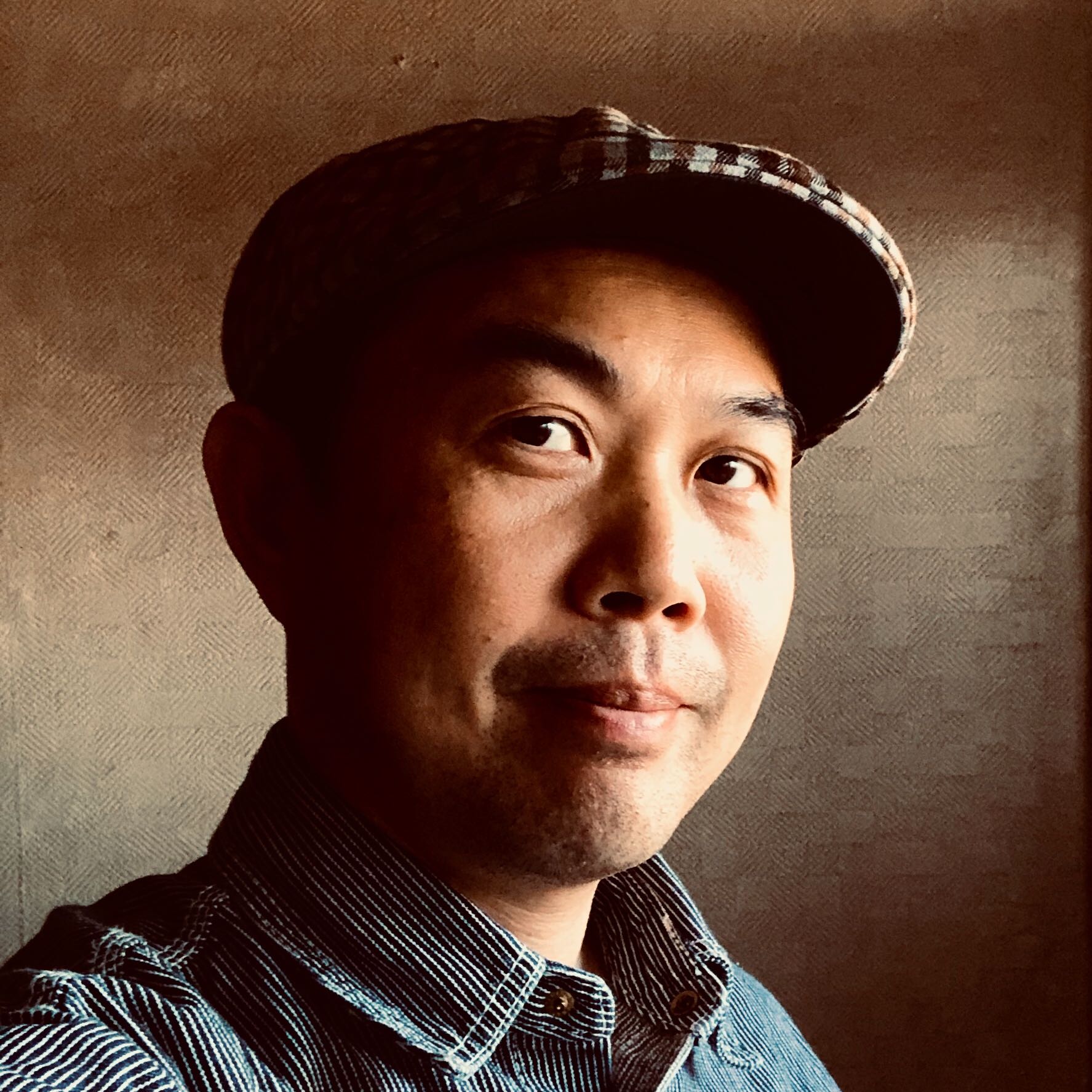
Tsukasa Ogi
Tsukasa Ogi is a freelance photographer specialized in human photography. He works primarily for online media, magazines and corporate media.
Editor

Alex Steullet
Alex is the editor in chief of Kintopia and part of the corporate branding department at Cybozu. He holds an LLM in Human Rights Law from the University of Nottingham and previously worked for the Swiss government.


